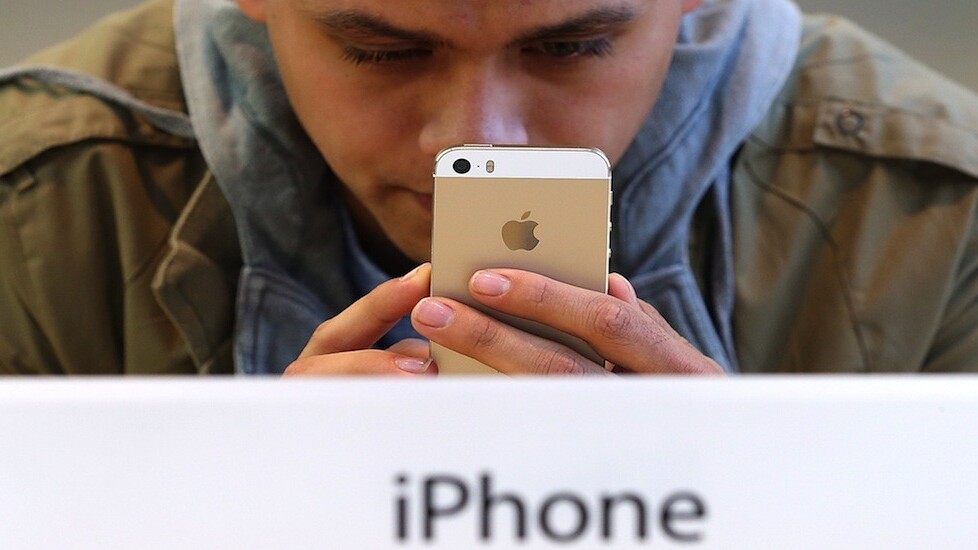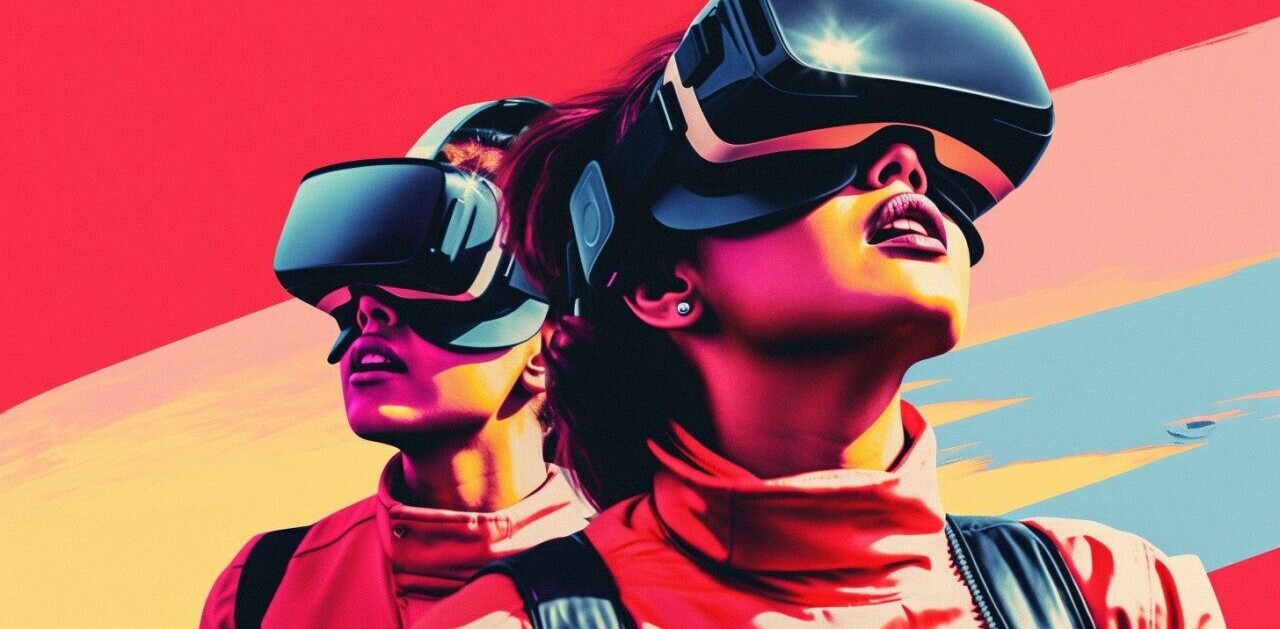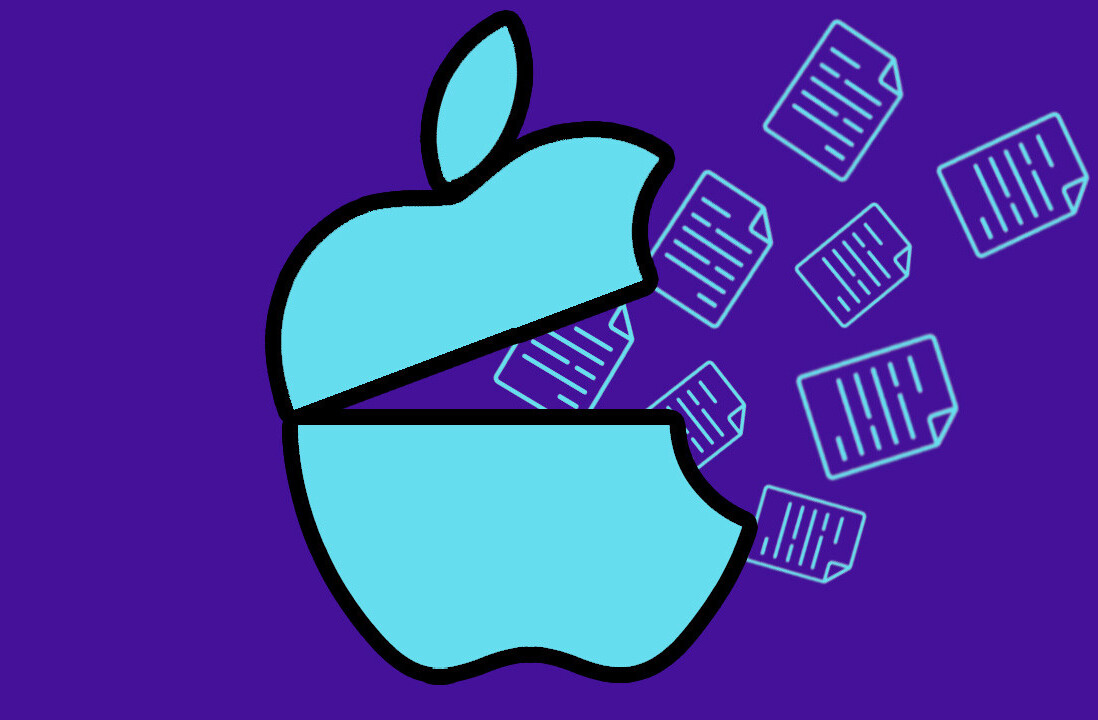
The next iPhone’s announcement date has been set, but I’m worried that it’ll leave me feeling underwhelmed and without a vision for Apple’s future.
Back when the first iPhone was introduced, we weren’t really ready for it. At a time when having a crappy VGA camera and basic MP3 functionality was a relatively novel experience on a phone, Apple came along with a smooth-curved handset that people aspired to own. It was by no means perfect, but it was a crucial moment for the market; following it, previously established giants would fall. Now however, it’s just two different devices in a sea of alternative choices, and not the novelty it once was.
Nonetheless, the story from then on is well known; the iPhone defined a category of mobile. It wasn’t the first smartphone, but it was the first one that millions of ‘regular’ people really wanted to own. That’s the core of Apple’s success: it takes existing ideas and turns them into something people actually want, rather than keeping technology as the preserve of ‘techies’. As a follow-up trick, Apple also defined tablets as we know them today.

Now however, the smartphone market is a completely different beast, and not only does Apple have multiple manufacturers to contend with at home and abroad, but it’s also facing strong challenges in rapidly growing markets like China and India from low-cost domestic manufacturers like Xiaomi.
Contrast iOS with Android; hundreds of hardware makers and thousands of devices, a whole bunch of which are admittedly a bit rubbish. Even so, that’s still tens of thousands of potential temptations for any iPhone user to consider if they ever wanted to change. In the reverse situation, if an Android user was to be tempted to switch to iOS for their primary phone, it could only ever be for the iPhone.
Ultimately, it’s a numbers game; when you have hundreds (or thousands) of different companies working on a spectrum of different devices that run your services, one of those is more likely to come up with ‘the next iPhone’ than Apple. Whether that’s a ‘revolutionary’ smartphone or a different device altogether. As a result, Android has been my go-to primary device for several years. At the other end of the scale to Apple is Samsung, which takes the ‘numbers game’ approach to the extreme; there are more variants of each of its devices than the world could possibly need.
That’s the reason Microsoft is making such efforts to get Windows Phone into the hands of a billion users in developing markets – it knows that locking people in to your services is a huge win for future business. If it can do it now, they’ll be locked in for life as those markets and services mature and develop once again.
There’s nothing I really use that I couldn’t find on a competing platform, but it’s just that Google and Android provide me with all the things that I want and a teasing vision of a potential future – simply, there’s just nothing tempting enough about the alternatives to make me switch. No doubt, there’s a whole mass of people who feel the same about Apple and iOS, but it’s still only playing in one area of the market. It makes premium devices and has achieved global success in developed markets, but that’s not the future battleground for smartphones.
When you’re choosing a smartphone, you’re choosing an ecosystem and you’re doing that for the long-term. Changing the way you do things, quite simply, can be a massive hassle. Plus, what about all those apps you’ve already bought for your [insert OS here] phone/tablet/gaming system? Sure, you don’t have to stick to one platform for all those things, but given the convergence of devices and services, it’s only going to make increasingly more sense in the future.
But is that really a problem? Apple does make beautiful, mostly functional devices. That’s true, but it’s not enough for me – the choice of your next smartphone should be about which hardware and software ecosystems you want to be a part of, not how many megapixels a camera has or how many pixels per inch the screen has. Which provides all the features and services you could foreseeably want? Which company is presenting a more exciting vision of the future to you?
Now or never?
Despite being an Android user, and never having owned an iPhone, I want to want an iPhone 6, really I do.
While the rumor mill churns out reported hardware specs, I’m left wondering who really cares; certain things are a given at this point, surely? It’s going to have a solid processor, a decent camera, 4G, a kick-ass display and a bunch of other stuff we see every year. The point where leaked iPhone hardware rumors stopped being exciting passed a long way back.
I want to hear about the ‘magical’ features Apple has added, exactly how it will change my life and exactly why iOS, and not Android or any other platform, is the future of all my devices – because when you’re choosing, it’s for the long-haul.
The problem for me is that the excitement has gone; the moment has passed. The time when I expected to be blown away by the actual hardware of any new phone has been superseded (temporarily) by an array of wearables and other more futuristic technology.
So what is Apple going to show to convince me that iOS is the future of hardware and software? Is it going to show off an iWatch? Maybe that would be enough to at least get me to think about switching across to iOS, but given reservations about the practical real-world use of smartwatches for me, I suspect not.
Apple may well be increasingly late to that particular market, but that hasn’t hurt in the past and it probably won’t now.
Maybe I’d prefer the Microsoft ecosystem of services and products? Kinect and Smart Glass offer some interesting possibilities, but while not entirely without charm, the thought of living with Windows Phone as my primary mobile OS, Outlook for my mail (and the rest of Microsoft’s services) just doesn’t really appeal. I’m not a die-hard Google fan either, it’s just the best option I see right now. Google Glass is obviously pretty interesting, and its dedicated Android Wear platform for smartwatches shows some intent for the future. What has Apple teased us with lately? Oh yeah, the new iPhone.
Much as I’d like to buy into the idea that Apple will be at the front of all future technical innovation in smartphones, tablets, wearables and as-yet uninvented devices, I just can’t manage it. It won’t let me by not saying anything, so all we hear is boring rumored hardware specs. The smartphone market is still relatively young but when headline features of some phones are that they aren’t made out of plastic any more, you know the excitement has ebbed away.
What Apple does, it does exceptionally. It makes devices that are pleasant to hold, simple [enough] to use and beautifully designed. It’s not just that they look good, they feel good to hold too. Back in 2007 or 2008, and for the next few iterative upgrades, that really was enough, but now it simply isn’t. This year’s launch will be its most important for several years, Apple’s going to have to work harder than ever to convince me that switching ecosystems is ever going to be worthwhile. And for each year that it fails, that job is only going to get harder.
Don’t miss: A bigger iPhone will be better for you, even if you don’t realize it yet
Image credit: Justin Sullivan/Getty Images
Get the TNW newsletter
Get the most important tech news in your inbox each week.







